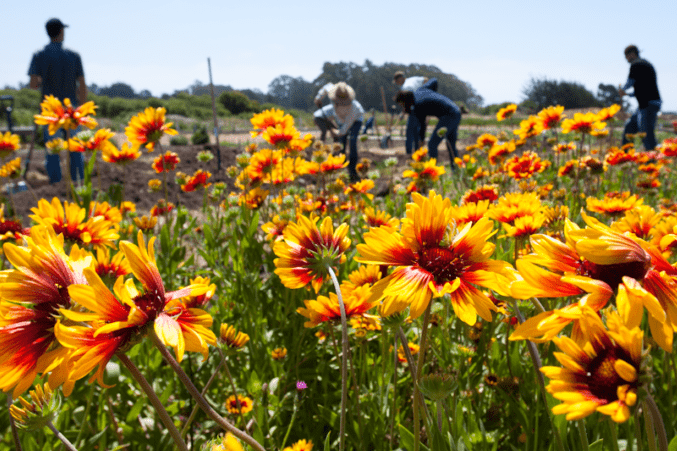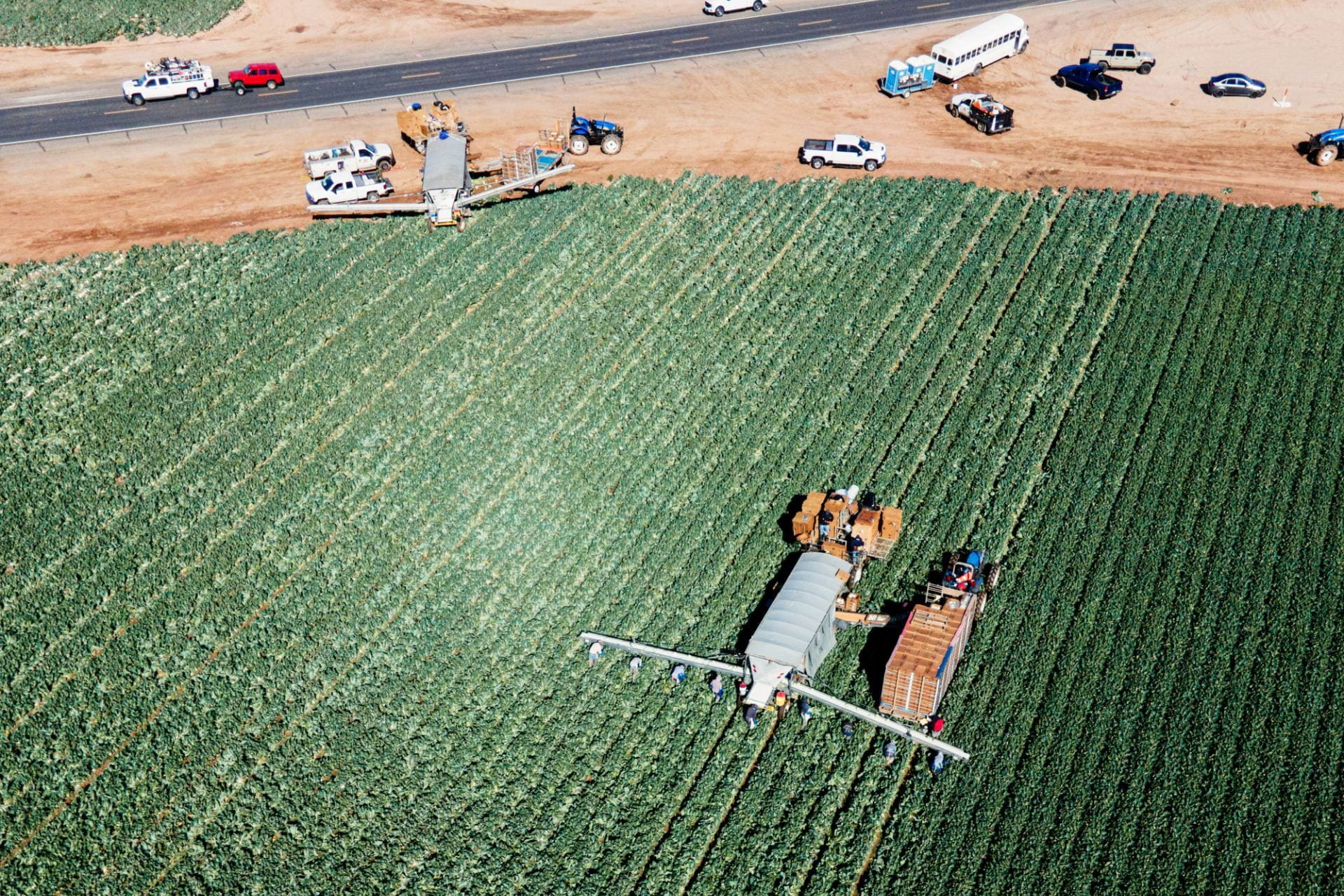
Current Projects
Our community-engaged research is conducted in partnership with organizations working to advance economic justice.
CEJA Economic Justice and Community Corps
CEJA’s Economic Justice and Community Corps is a new initiative designed to increase capacity in local anti-poverty organizations: Habitat for Humanity Monterey Bay, Homeless Garden Project, Redwood Free Market, Second Harvest Food Bank Santa Cruz, Ventures, and the Community Action Board of Santa Cruz County. Community Corps members work on special projects identified by our partner organizations as crucial to advancing their missions, and along the way develop leadership skills, gain valuable professional experience, and meaningfully contribute to their community. Learn more about this project!

Developing a Transitional Employment Manual Based on Insights from Three Decades at the Homeless Garden Project
Developing a Transitional Employment Manual Based on Insights from Three Decades of Learning at the Homeless Garden Project
Collaborating with the Homeless Garden Project (HGP) and Everyone Village, a nonprofit organization in Oregon, CEJA is producing a manual documenting HGP’s innovative transitional employment program. The manual is based on archival research, interviews with HGP staff and participants, interactions between HGP and Everyone Village, and the broader transitional employment literature. This project is funded, in part, by a grant from the Hancock Family Foundation.
The Homeless Garden Project (HGP) provides job training, transitional employment, and support services to people who are experiencing homelessness, conducts education and volunteer programming for the broader community, and operates a three-acre organic farm, workshop, and related enterprises.

Pajaro Valley Guaranteed Income Coalition Pilot
CEJA is collaborating with Ventures and Monarch Services to assess a pilot guaranteed income pilot and financial capability training program, serving Latina farmworking women and survivors of domestic violence. Participants are interviewed monthly while receiving the stipend and for six months after the stipend ends.
Our goal is to provide information about the impact of a monthly guaranteed stipend and/or financial capability training on economic security, housing, job, and food security, family relationships, and well-being – information that will be valuable for both community agencies and policymakers.
We are currently writing this report. Expected publication in January 2025.
Santa Cruz Ventures works to mobilize and strengthen the economic and political power of rural and Latino working-class families on the Central Coast through a network of programs. Monarch Services empowers individuals, families and our communities to take action against violence and abuse.

Food, Rest, Exercise and Student Health (FRESH) study
This winter, CEJA is launching the Food, Rest, Exercise, and Student Health (FRESH) Study at UCSC. This National Institute of Health (NIH) funded study examines connections between college students’ experiences of food insecurity and Life’s Essential 8, which are key factors in cardiovascular and metabolic health. Led by CEJA-affiliated Principal Investigators Suzanna Martinez (UCSF) and Heather Bullock (UCSC), findings from this longitudinal study will document how chronic food insecurity affects college students’ health, well-being and academic performance. Learn more about this important project!

Intersections of Food and Housing Insecurity in Santa Cruz County
Building on our previous work together, CEJA is collaborating with Second Harvest Food Bank of Santa Cruz County to examine intersections of housing and food insecurity. A team of trained community members and UCSC students held listening circles with farmworkers, low-income parents, people who are unhoused or precariously housed, and older adults about their experiences, how they make ends meet, and their recommendations for improving housing and food security in Santa Cruz. County. Analyses are underway. Check back for a full report of our findings.
We are currently analyzing data and developing the report. Expected publication early 2025.
Second Harvest Food Bank provides food assistance and nutrition information to some 75,000 people each month through its network of partner organizations and direct distribution sites.

